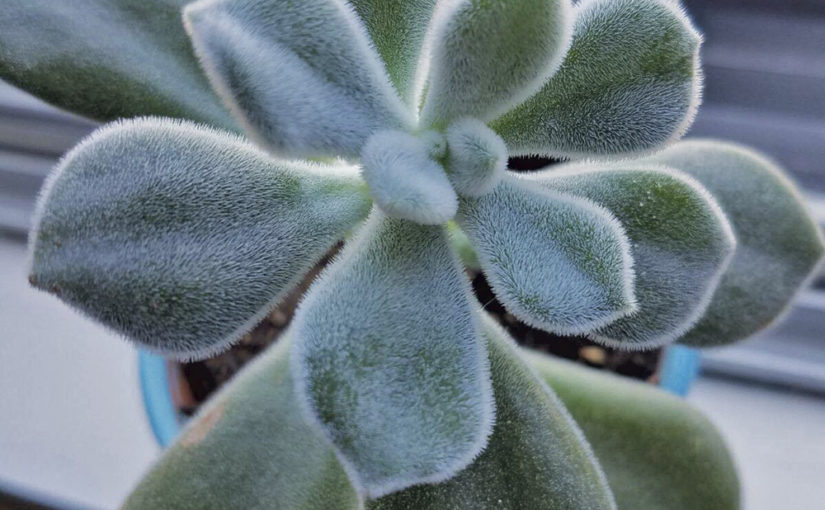As younger generations begin to move out and settle down, houseplants begin to make a quick comeback in urban spaces. This trend is due in part to the millennial generation, with the last few leaving college and transitioning to careers as they find new homes and bring nature with them.
Esther McGinnis, director of the North Dakota State Extension Master Gardener Program and a professor in the department of plant sciences, attributes this recent trend to a deep-rooted need to “grow and nurture something.”
“Previous generations were able to satisfy that need by working on their parent’s farm or puttering in the family vegetable garden,”McGinnis said. “The current generation of American millennials most likely were born and raised in cities and towns, but they still have this urge to grow something.”
McGinnis continues, “The problem is a matter of space. Houseplants are small enough (that) they can be grown in a dorm room or in a small apartment.” Houseplants are designed for indoor spaces and are often inexpensive, making them a likely contender for the affections of millennials.
“People want something to take care of,” Zach Tarble, a sophomore in biological sciences, said, “and instead of buying a cat or dog, plants are much less expensive and don’t require all of your time and attention.”
“There is also a developing aesthetic with plants. I think millennials like the DIY aspect of home living, and house plants are a huge part of that,” Tarble said. As millennials settle down, they attempt to make their new space more habitable and welcoming. Introducing the presence of nature achieves that goal.
“An abundance of plants, whether indoors or outside, makes us feel closer to nature,” McGinnis said. Nature plays an important role in the well-being and psychology of people. McGinnis cites studies that have shown that the presence of flowers and plants in hospital rooms can aid in recovery, from blood pressure to pain control.
“There are a lot of health benefits, (most notably), house plants improve the air quality of your home,” Tarble said. McGinnis notes that “the presence of plants makes us feel more relaxed and focused.”
“There is a whole new field called horticulture therapy that has been created to study the health benefits of plants and gardening,” McGinnis said. The practice of horticulture therapy has even been picked up by the NDSU Counseling Center.
The Counseling Center is hosting “DeStress in the Dirt,” in which students will have a “chance to relax by creating a Terrarium, while also receiving additional information about how to manage day-to-day stress.”
The Center hosts the events from 3:30 p.m to 5 p.m. Oct. 12 and Nov. 9 for the general student body. The event is free for the first eight students that register.
